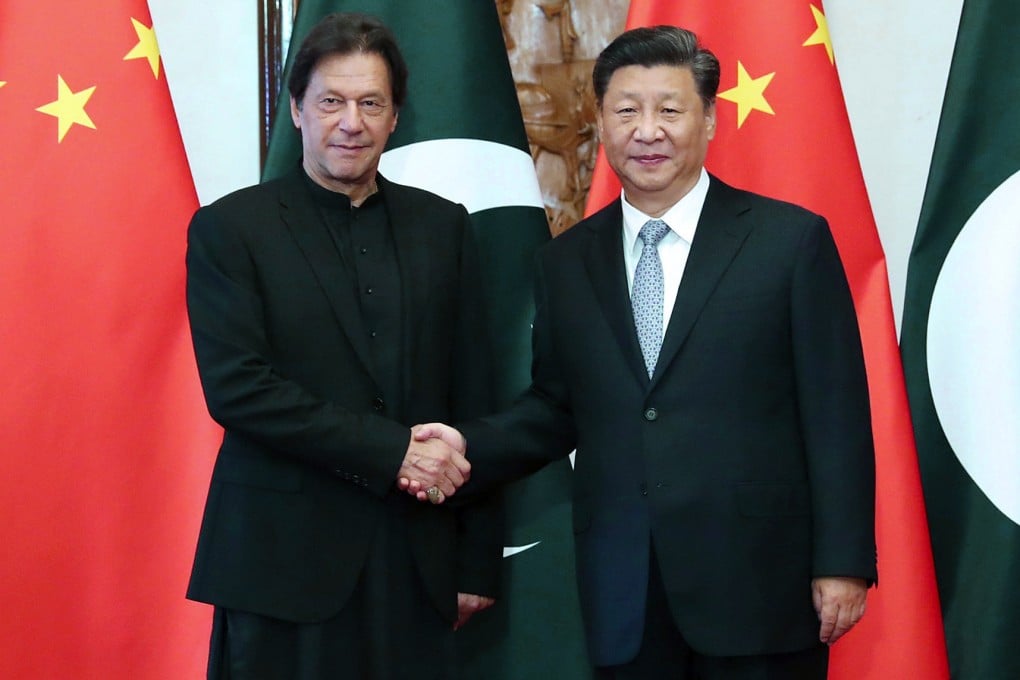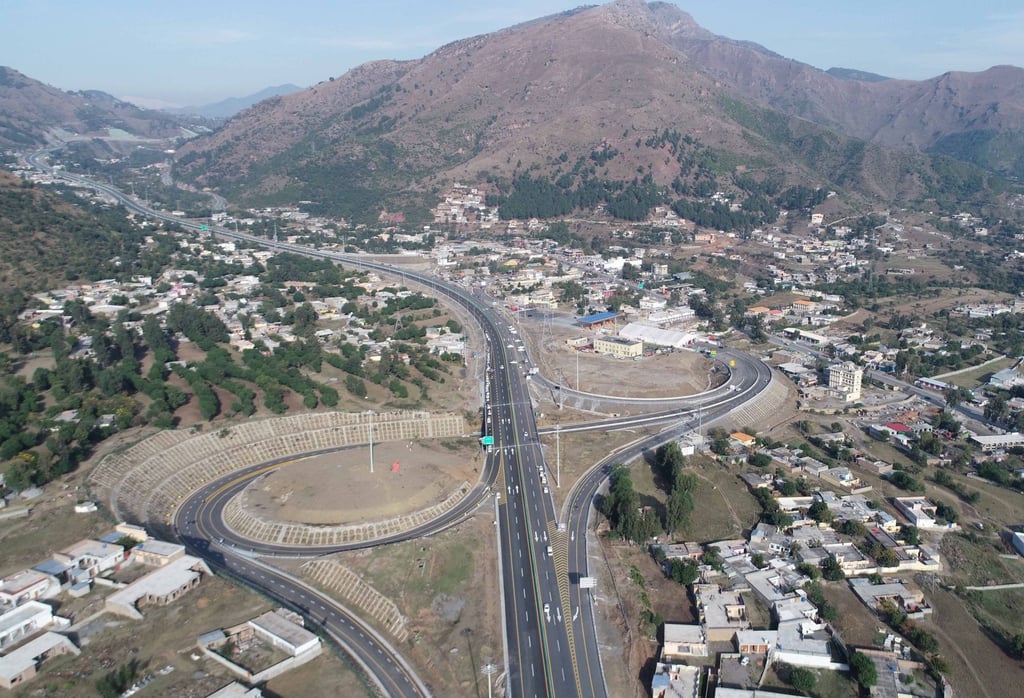Advertisement
Explainer | Have India’s actions fuelled closer China-Pakistan ties?
- Territorial disputes and historical mistrust between India and Pakistan have over the years pushed the latter closer to China, from trade to defence
- But as New Delhi worries over the prospect of a two-front war, analysts say it’s likely Pakistan’s aim is to counter India by ‘keeping the water boiling’ while avoiding a clash
Reading Time:5 minutes
Why you can trust SCMP
9

Growing ties between China and Pakistan have come under scrutiny in India after former Congress chief Rahul Gandhi in Parliament last week called their close ties “a serious threat” to the country.
His accusation that the Narendra Modi government’s policies had brought two of India’s nuclear-armed neighbours closer together triggered a political storm in New Delhi, which has rejected his allegations.
But just days after the statement, Pakistan’s Prime Minister Imran Khan wrapped up a four-day China visit with a meeting with President Xi Jinping on the sidelines of the Beijing Winter Olympics, with the leaders calling the trip a sign of the “iron brotherhood” between the two countries.
Advertisement
The joint statement even mentioned Jammu and Kashmir, a region that has been carved up into separate Indian and Pakistani territories, but that both countries claim in full.
Pakistan and China also heralded their cooperation under the US$25 billion China-Pakistan Economic Corridor (CPEC) initiative that includes major infrastructure projects linked to China’s Belt and Road Initiative. India opposes the CPEC, as the projects pass through parts of Pakistani Kashmir that it disputes.
Advertisement
Indian analysts say there is “some truth” to Gandhi’s claim. Here’s a look at why growing China-Pakistan ties have got India worried.

Advertisement
Select Voice
Select Speed
1.00x